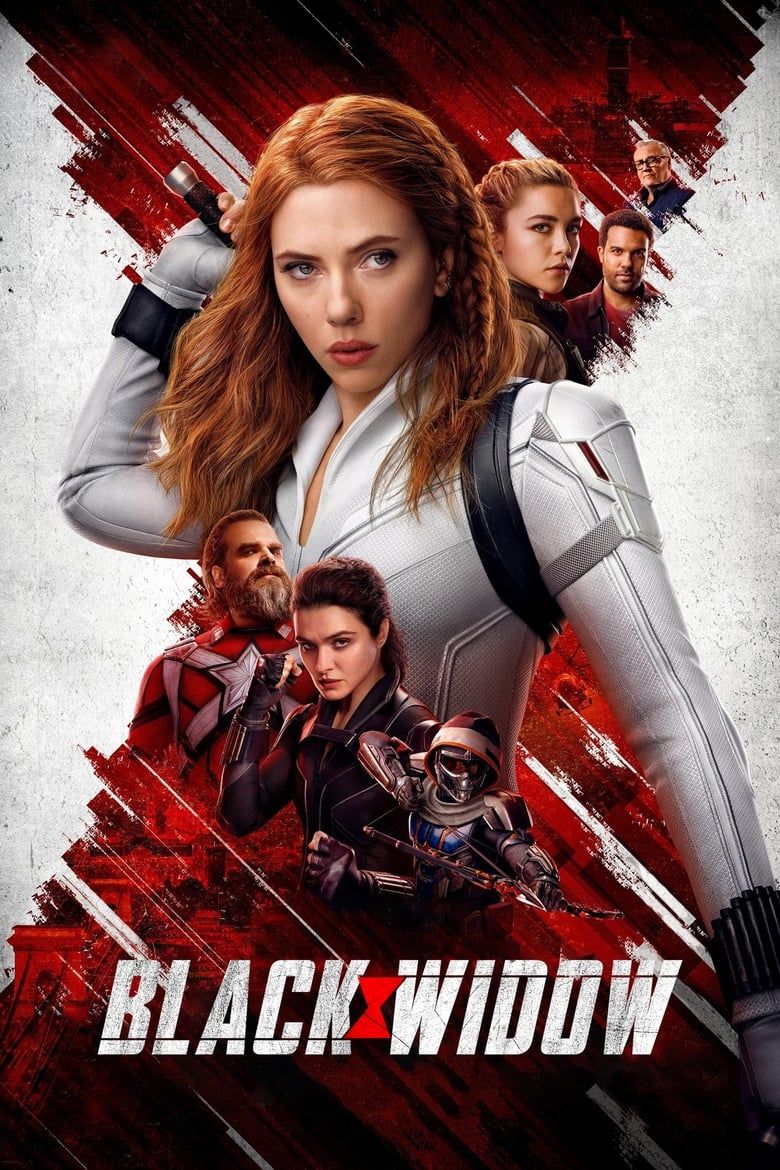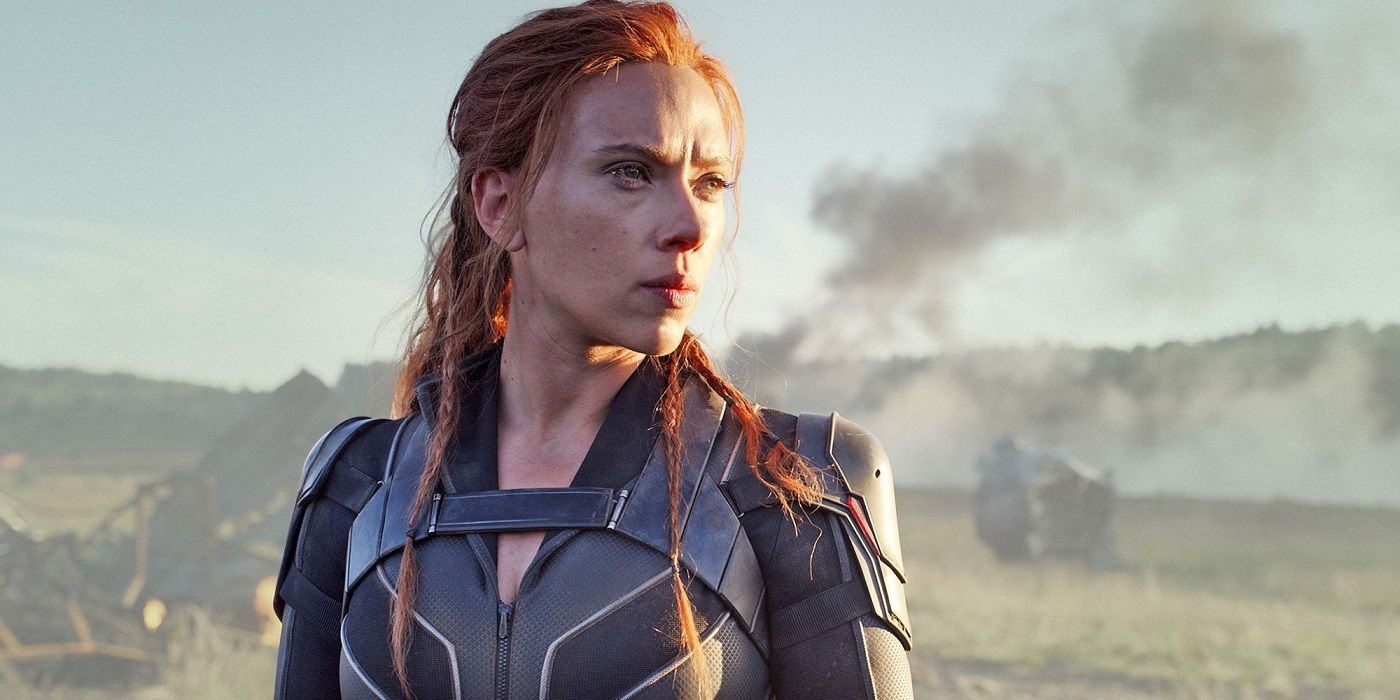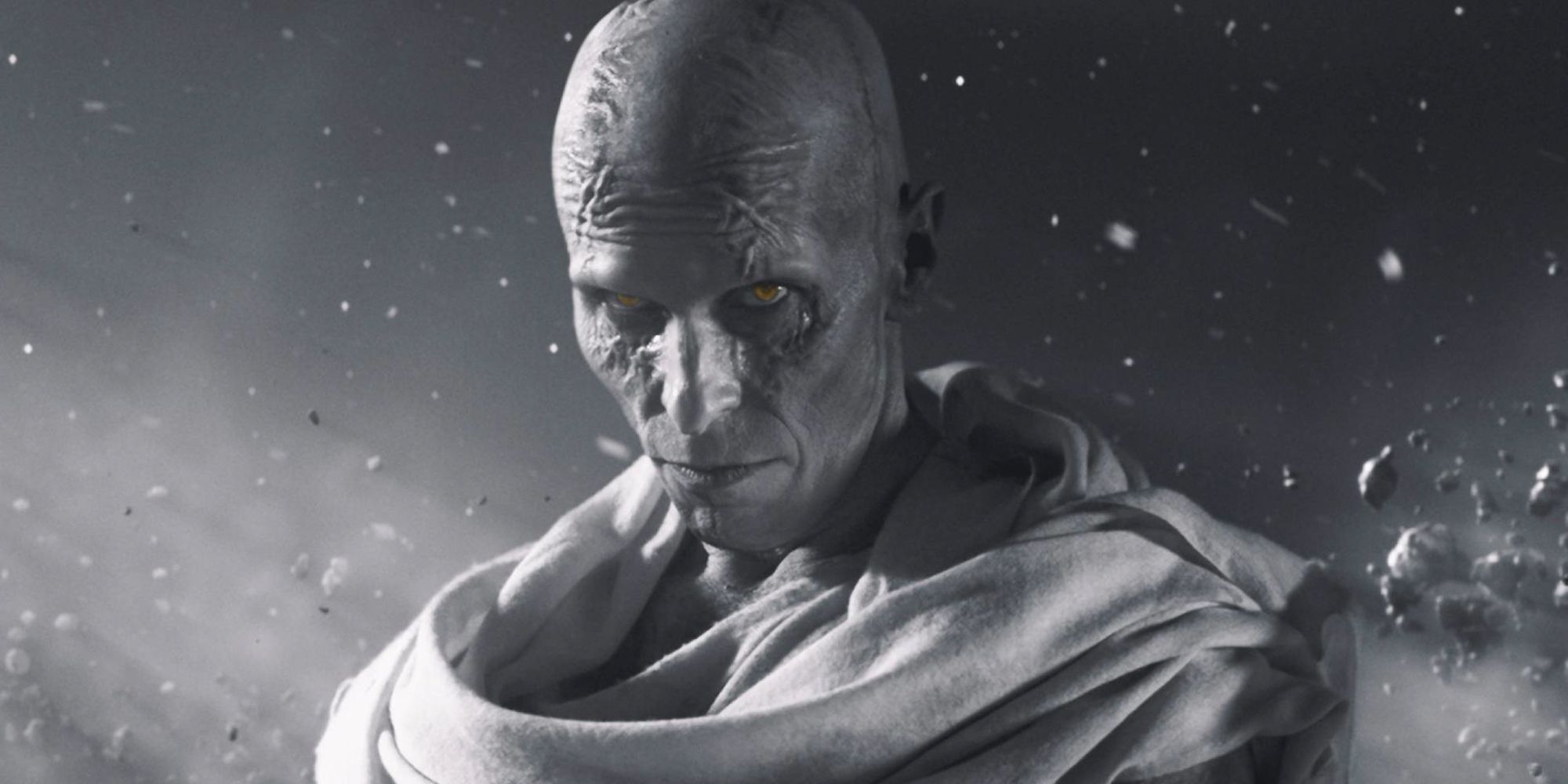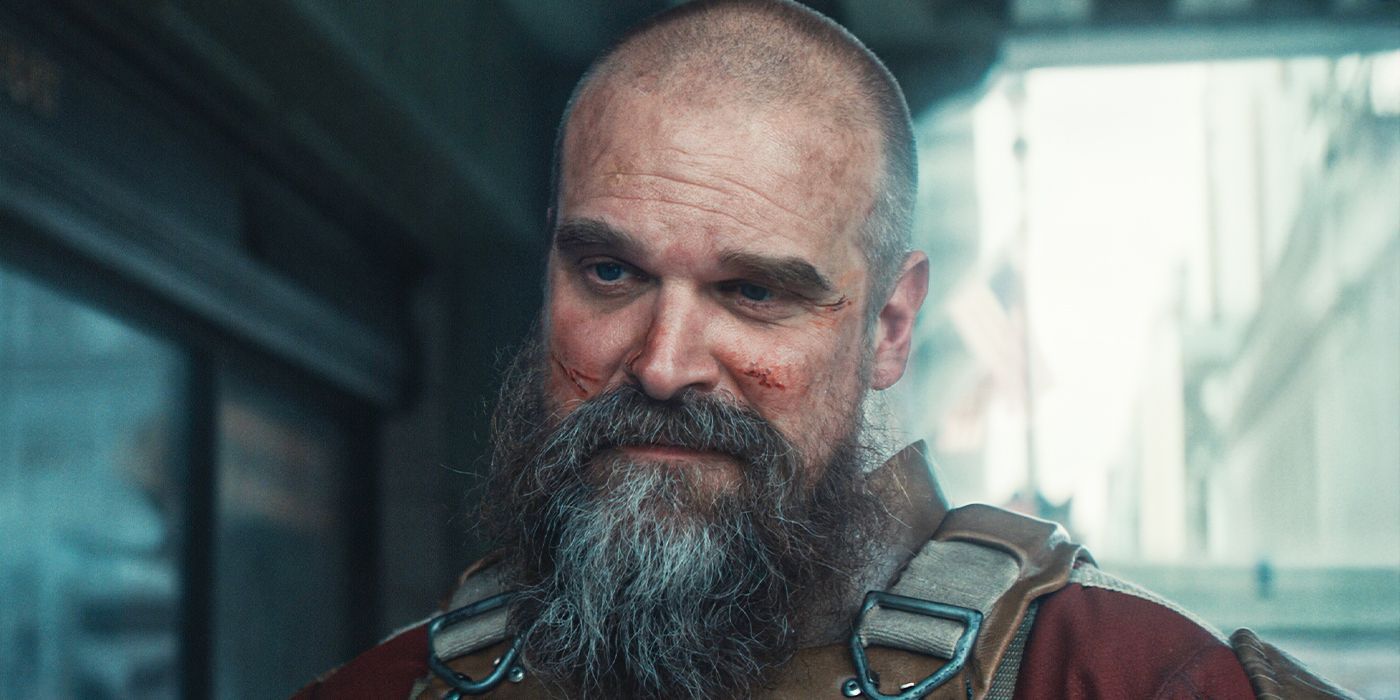Though they’re usually not considered the artistic peak of the art form, starring in a big-budget franchise film can be a career-making moment for an actor. The notoriety, future job opportunities, and (let’s face it) obscene amounts of wealth that can come from being cast in something such as the MCU are difficult for any performer to resist. But, there are an equal amount of cons to balance out the pros of signing on to a major franchise, especially a successful one. One of the actors most qualified to speak on the downsides, MCU alum Scarlett Johansson, recently shared some insightful thoughts on the unfortunate realities of modern franchise filmmaking. In doing so, she revealed some of the biggest issues that performers face when attaching themselves to IP-driven storytelling.
Franchise Entertainment Can Leave Performers Feeling Like Nothing More Than a Cog in the Machine
In a conversation for Interview Magazine with her Black Widow co-star David Harbour, Johansson said, “Some of the films that I did for Marvel engaged my character more than others. Like in Captain America: The Winter Soldier with Chris Evans, we were really dynamic. In some of the other films, the cast was so enormous and there was so much plot to serve that you start to feel like you’re a device to move it along.” It makes sense that not every minute spent on screen in a 30+ movie franchise like the MCU would be the most fulfilling work of an actor’s career. While Johansson and others were certainly given their moments to shine, they were also frequently saddled with material that existed solely for the purpose of moving the story forward, connecting one project to another, or providing the ever-controversial fan service.
For all of Black Widow’s best MCU moments—such as her sacrifice in Avengers: Endgame, her fight with the Winter Solider in Captain America: The Winter Solider, and her manipulation of Loki in The Avengers—there were also instances of Johansson having to pop up briefly in Captain Marvel‘s post credit scene in a manner that felt contractually obligated or times when she was effectively sidelined with little to do in crowded films like Captain America: Civil War. Though these types of annoyances have always come with franchise participation, they’ve seemingly become extra frustrating in the era of interconnected storytelling and shared cinematic universes, due to these projects never really having a clear endpoint. As Johansson put it, “If you’re committed to five and a half months of that, it’s like, ‘Okay. I can’t paint my nails, I can’t get a haircut.’ These sound like silly problems, but your identity is wrapped up in this job for a long time, and if you’re not doing engaging work as an actor, you feel a little cagey sometimes.”
The days when an actor attaching themselves to a piece of IP meant agreeing to most likely appear in one to three movies are gone. Nowadays, a single story can unfold on screen over the course of decades. In Johansson’s case, she appeared in nine MCU films across 11 years before exiting the franchise. Some of her costars have stuck around for even longer. Inarguably, being tied to the same character and story for that amount of time can drastically change the trajectory of an actor’s career.
The Dominance of IP-Driven Storytelling Has Created a Difficult Dilemma for Actors
In the past, an actor’s biggest trepidation about signing on to a franchise was the fear of being typecast. Performers understandably didn’t want audiences to associate them with one role for their entire careers. In today’s world, this fear is even more complicated. The problem is no longer just being tied to a specific character—it is becoming tied to an ongoing and never-ending story. For all the conversations about whether Marvel’s rise has been a force for good or evil in Hollywood, one thing that can’t be denied is that the franchise has had a limiting effect on some of the actors who’ve appeared in it.
Several young performers found themselves hamstrung during the peaks of their careers due to their involvement in the MCU. Though there is no doubt that stars like Chris Evans, Chris Hemsworth, Tom Hiddleston, and Mark Ruffalo have been wildly successful figures in Hollywood, one can’t help but wonder what their careers might have looked like if they weren’t consumed by the MCU for a decade-plus. Perhaps they would have been able to pursue projects that they felt a more passionate relationship with, and ones that allowed them to display their full range as performers. To be fair, the flip side to this hypothetical is that none of those men would have been able to reach the movie star heights they did without the MCU. Therein lies the problem for actors today: signing on to a franchise can sometimes mean sacrificing your artistic integrity and losing out on opportunities to chase more rewarding roles, but refusing to do so can potentially be detrimental to your career in our current IP-dominated entertainment landscape.
When discussing these issues, it’s important to note that the MCU is not the sole offender. When responding to Johansson, Harbour explained how the state of streaming television has resulted in similar problems. “When I started I loved it so much,” the Stranger Things star said of his experience acting on the show. “Then you get to a certain point where you’re like, ‘How much more story is there?’ You’re having to play a lot of the same beat, and there’s a feeling where you’re like, ‘I want to take a risk. I want to do something that people haven’t seen me do before.’ So yeah, after 10 years, it’s like, ‘Okay,'” he continued. Simply put, a TV show taking a full decade to release five seasons should not become the norm. Still, it’s hard to blame an actor for agreeing to appear in anything today that actually has the ability to break into the cultural zeitgeist.





